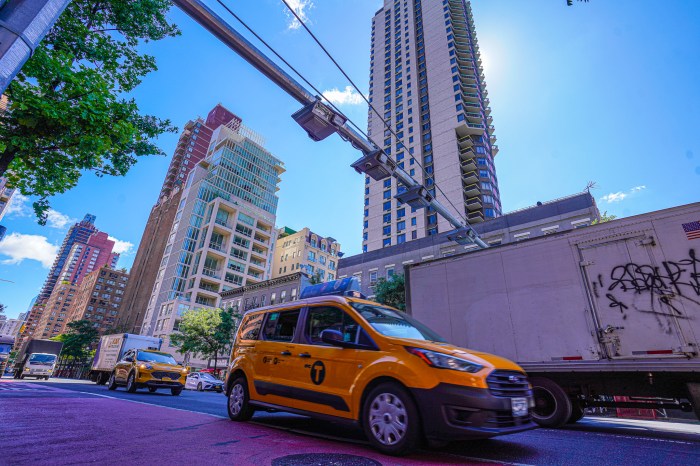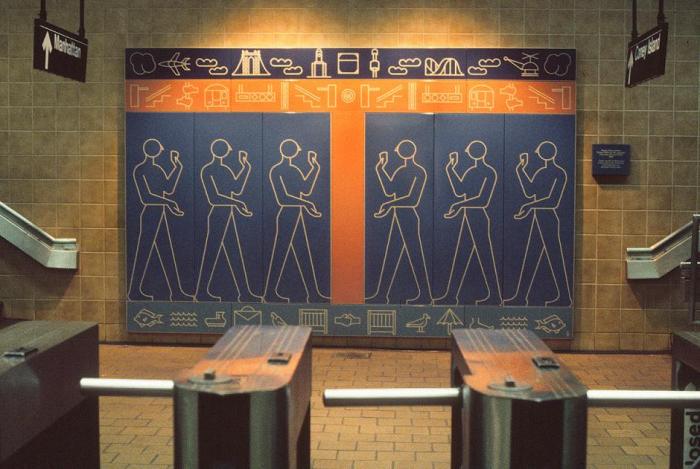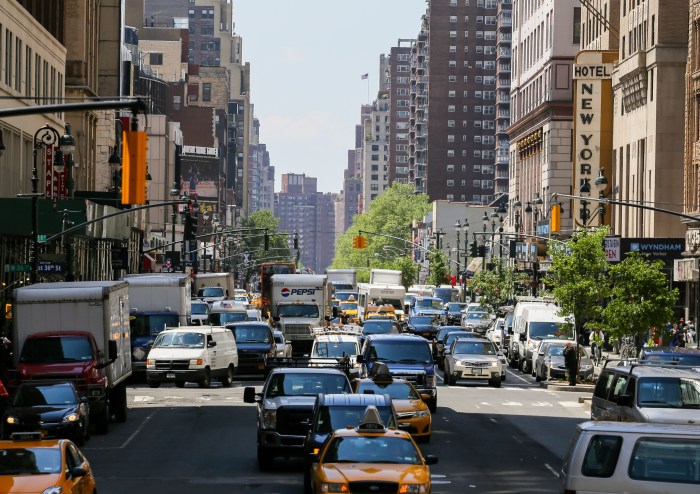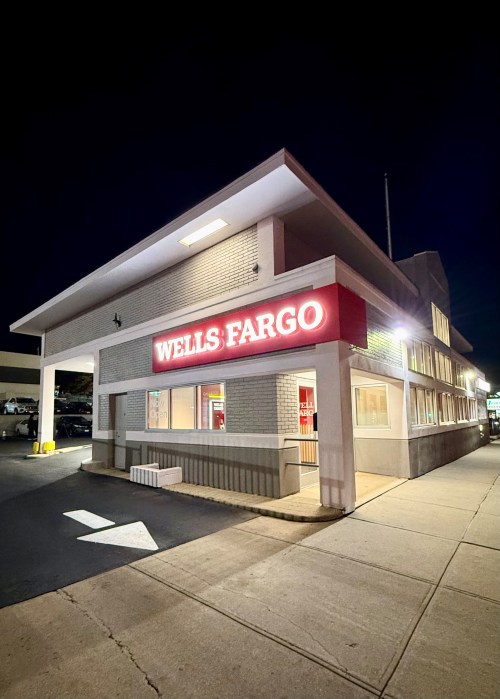
With rising subway fares, too many New Yorkers can’t afford to pay for their commutes, advocates and elected officials say—and they want the city to step in.
Dozens of city elected officials have backed a proposal to provide low-income New York City residents with half-fare MetroCards, penning a letter on Wednesday to Mayor Bill de Blasio to pony up funds for the program in the next fiscal budget.
“Upward mobility, made possible by commuting to good jobs and higher educational opportunities throughout our city, requires actual physical mobility. But that is becoming out of reach for one out of four low-income working-age New Yorkers who … often cannot afford bus and subway fares,” read the letter, signed by 27 City Council members, a majority; Public Advocate Letitia James and City Comptroller Scott Stringer, among 26 other organizations.
The growing support for the idea is the culmination of the advocacy from the anti-poverty group Community Service Society of New York (CSS) and the transit nonprofit Riders Alliance. Together they launched a “#fairfares” campaign in April, backed by a CSS report titled “The Transit Affordability Crisis,” which found that a quarter of poor New York City residents couldn’t afford bus and subway fares.
The proposal would provide half-fare MetroCards to 18-to-64 year old city residents who live at or below the federal poverty level—that’s a $24,000 income for a family of four. CSS estimates that such a program would cost $220 million a year and could impact 800,000 city residents.
“Mayor de Blasio has pledged to address economic inequality,” said David Jones, president of the CSS. “Public transportation and economic opportunities for every New Yorker, particularly those struggling financially, are essential in making New York a more equitable place to live and work.”
Jones led a rally at City Hall’s steps Wednesday. Supporters behind him help up signs depicting MetroCards with their blue wordmarks replaced with “rent” and “groceries.”
“The truth is too many New Yorkers have to choose between traveling to an interview, or having a hot meal. Too many New Yorkers have to choose between traveling to see their doctor, or paying their bills” a James said at the rally.
Though the MTA is a state-run agency, officials view the discount as a social service program that would be best implemented through the mayor’s adminiatration — similar to discounts already offered elderly and student commuters. Other cities, like Seatle and San Fransisco, are begninning to experiment with low-income transit discounts.
“Last year, in addition to the nearly $1 billion that the city provides the MTA annually for its operations, we committed an unprecedented $2.5 billion towards the agency’s capital plan,” said Freddi Goldstein, a mayoral spokeswoman, in an email. “This proposal will be evaluated as part of the fare-setting process for the MTA as well as the state and city budgets.”




























